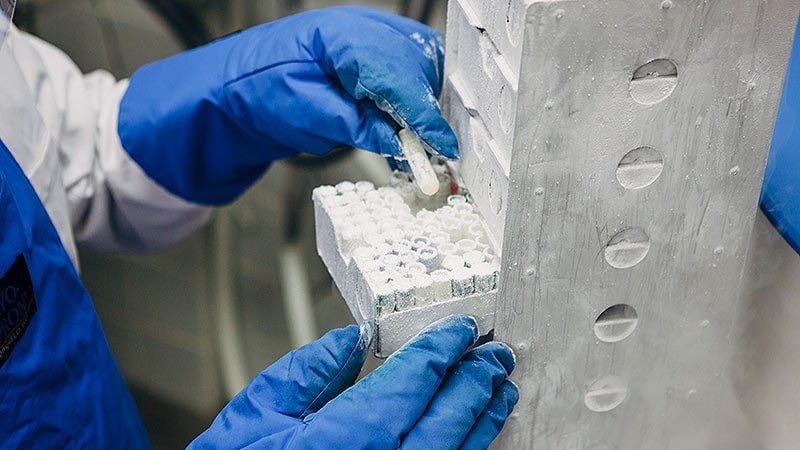Mirikizumab Offers Durable Response Up to 2 Years in UC
TOPLINE:
Maintenance mirikizumab is well-tolerated and provides a durable response for up to 2 years in patients with ulcerative colitis who initially respond to treatment.
METHODOLOGY:
- Despite advances in expanding treatment options for patients with ulcerative colitis, long-term satisfactory outcomes remain elusive, and there is a need to not only control clinical symptoms but also achieve mucosal healing.
- Researchers previously assessed the use of mirikizumab in the 12-week LUCENT-1 induction study and the 40-week LUCENT-2 maintenance study.
- LUCENT-3 is an open-label, phase 3 extension study, in which researchers examined the efficacy and safety of mirikizumab following 104 weeks of continuous treatment in patients with moderately to severely active ulcerative colitis.
- Among patients from LUCENT-2 who completed 52 weeks of treatment, 266 mirikizumab induction responders and 102 extended induction responders were included and received mirikizumab 200 mg every 4 weeks for an additional 52 weeks.
TAKEAWAY:
- At week 104, 74.5% of week 52 responders had a clinical response and 54.0% had clinical remission.
- The corticosteroid-free, endoscopic, histologic-endoscopic mucosal, symptomatic, and bowel urgency remission rates were 52.7%, 65.3%, 47.7%, 67.8%, and 50.2%, respectively.
- Histologic-endoscopic mucosal and bowel urgency improvement rates were 53.1% and 67.0%, respectively. Improvement in abdominal pain also was reported.
- The most common adverse events were pyrexia, diarrhea, injection site pain, abdominal pain, and gastroenteritis. Severe treatment-emergent adverse events were observed in 4.5% of patients.
- Quality of life and Inflammatory Bowel Disease Questionnaire scores across all domains (bowel symptoms, emotional function, social function, and systemic symptoms) improved over time.
IN PRACTICE:
"These data support the long-term benefit of continuous mirikizumab treatment for 104 weeks, with or without extended induction, on clinical, endoscopic, histologic, and symptomatic endpoints, including for biologic-failed patients," the authors concluded.
SOURCE:
The study, led by Bruce E. Sands, MD, from the Icahn School of Medicine, at Mount Sinai, New York City, was published online in Inflammatory Bowel Diseases.
LIMITATIONS:
There was no comparator group, and an open design may result in potential bias.The researchers did not examine the entire LUCENT program population, which could affect the overall findings. The clinical remission rate could be misrepresented on the basis of the sample composition.
DISCLOSURES:
The study was funded by Eli Lilly and Company. Five authors declared being Eli Lilly and Company employees and stockholders. Several authors declared receiving research grants, consulting and speaking fees, and support from AbbVie Inc., Alimentiv, and Amgen, among others.


 Admin_Adham
Admin_Adham


